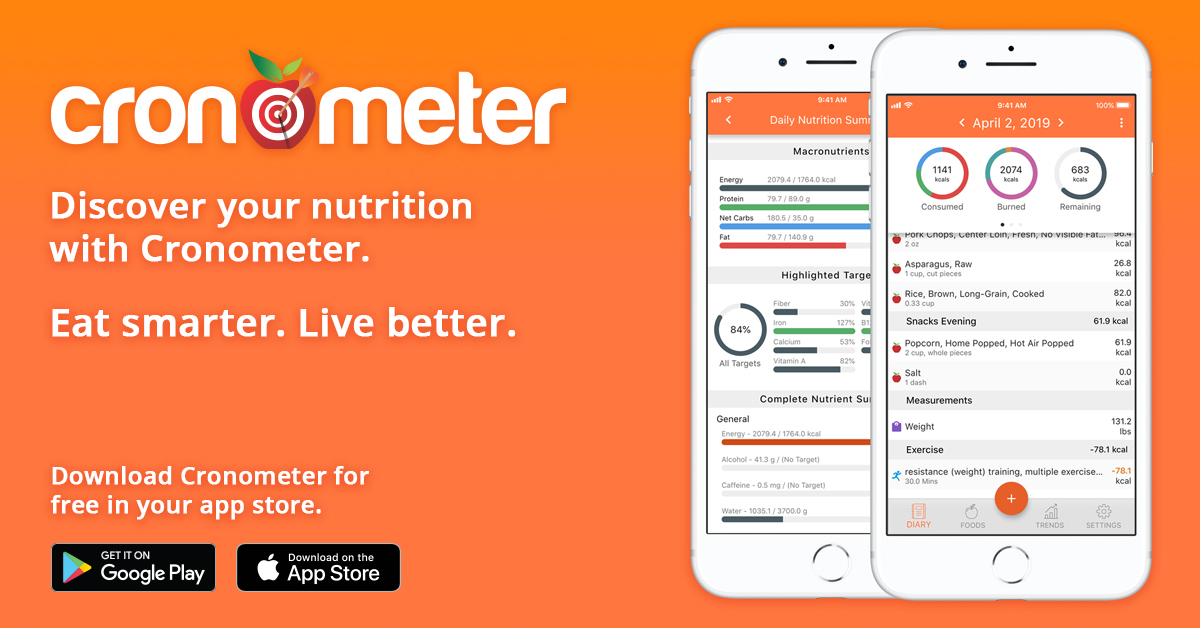I earn a small commission via affilate links at no extra cost to you.
Keto is an abbreviation for ketogenic, a very strict low carbohydrate diet. If you’ve been following the food pyramid that suggests starches and grains should make up the bulk of your diet, that’s a high carbohydrate diet. Conversely, a low-carb diet removes grains, beans, sweeteners, and most root vegetables. As I write this the keto diet is very popular on the web. Since most diet trends tend to follow weight loss results it explains why the keto diet is very popular. Unfortunately, most people hear about friends or family members who have had success with a low carb diet and they immediately jump in without really knowing what they’re getting themselves into. When you’ve eaten a carbohydrate-rich diet for most of your life and you immediately switch to a low-carb diet you’re likely going to end up with the keto flu. The term should really be “low carb flu” since the ketogenic diet is not the only low carb diet a person could follow. The “keto flu” is a label given to a set of carbohydrate withdrawal symptoms that are common keto flu signs when you start a low-carb high-fat diet. Your body is used to running on glucose as its primary energy source. Adopting a low-carb diet suddenly, you’re asking your body to remember how to use an alternate fuel source, fat, for energy. While your body can use fat for fuel it typically takes a few weeks to really notice the effects of fat adaptation.
Symptoms Of Keto Flu
No two individuals are alike. How long you have keto flu signs and the symptoms will vary from person to person. Your lifestyle, in addition to what you’re eating, will also affect the signs that you have keto flu. Your symptoms can range from nothing to mild to a full-blown flu-like condition, and include any of the following keto flu signs:
Lightheadedness
Nausea
Fatigue
Mental fog
Cramps
Headaches
Diarrhea
Body Aches
Moodiness
How Long Does Keto Flu Last?
The duration for keto flu varies for each person. While some may have slight and even unnoticeable symptoms for a day or two, others might have an over the top symptoms for a week or more, it really depends on how quickly your body adapts to a low carb high fat diet.
Once keto flu is over you can expect a huge surge in energy levels, and once that sugar habit is fully kicked, often people feel better than ever. Being patient as your body adapts is key, and know that it will pass, and if it does not you should seek the attention of a qualified medical professional. For most people any symptoms that occur end within two weeks’ time.
A Misunderstood Condition

You’ll most likely experience keto flu after going on a low-carb diet if you jump straight into it. There is a better way to approach a ketogenic diet to reduce the likelihood you’ll develop keto flu symptoms. Unfortunately, many people end up believing that they are suffering due to the diet they are on and carbs are good for their health after all. What this belief really shows is how dependent a person’s body is on carbohydrates. Remember, you’ve just removed the fuel source your body is accustomed to, glucose, and you’re immediately asking it to use fat.
While the keto flu can feel unpleasant it’s the result of your cellular processes learning to shift their metabolism. It simply takes time. In truth, carb intake, and especially refined carbs that come from processed food, sugar, sugary foods, and drinks is at epidemic levels. Sugar affects the same area of the brain as cocaine and heroin. If you’re struggling with carb addiction it’s not your fault.
When the world went low-fat it paved the way for food companies to add sugar to everything. Have you ever tried to avoid all added sweeteners and sugar? It’s nearly impossible. Sugar addiction is rampant in the United States and other parts of the world. It’s not your fault, those carbs are everywhere, congratulate yourself for working toward improving your health with a low carb diet.
How To Reduce Or Avoid Carb Flu
I haven’t met too many people who are motivated when they don’t feel well. For this reason, most people try keto and then they give up with the belief that keto doesn’t work for them. Actually, we’re all born in a ketogenic state so believing that keto doesn’t work for you simply isn’t true. [1] My best advice for adopting a low carb, ketogenic, diet is to gradually reduce your carbohydrate intake. This approach gives your body time to begin building the metabolic machinery necessary to access and burn stored body fat for fuel. Also, insulin is the master hormone, that is, it affects several bodily processes. If you’re taking medications it is important that you work with a physician who will work with you as you reduce your carbohydrate intake.
When we put carbohydrates at the base of the food pyramid we also gave salt a bad name. As it turns out the fewer carbs you eat the more salt you need. For this reason, replenishing your electrolytes can help reduce keto flu symptoms. A lack of electrolytes in the body is one of the major causes of keto flu.
Electrolytes are the minerals found in the body and they affect its water content, the acidity of the blood, and the functionality of the muscles. Low carb high-fat diets cause the body to produce less insulin. This can signal the kidneys to discard excess water, making you drink more and this results in flushing out electrolytes, where sodium, potassium, and magnesium deficiencies can occur.
Normally, the average diet is overloaded with salt. A well-formulated, clean, ketogenic diet eliminates refined and processed food and focuses on eating whole real food. By removing processed and fast food you’ll naturally reduce salt intake, which reduces water retention. Since a low-carb diet is naturally diuretic, there is no need to worry about water retention.
Salt is a hot topic in the keto community. There are some who really force salt intake and for that reason, people believe keto must not be healthy. Before the modern world, humans drank wild water. Today’s filtered water has had many of the beneficial minerals removed, that’s one of the biggest reasons we’re missing salt. Humans were also very good at eating nose to tail, nothing went to waste. When you eat bones, eggshells, marrow, and organ meats you’ll get a healthy dose of minerals in your diet.
I’m not an advocate of forcing salt. I salt my food with either Real Salt or Himalayan Pink Salt and I don’t find that I need to force salt in every glass of water I drink. I’ve also been paleo/keto/low carb since 2016. Your decision to take mineral supplements should be based on how you feel. Are you experiencing any symptoms or do you feel ok on the keto diet? It’s possible that you might not need to add any supplements.
See what your average mineral intake is over the course of a few weeks. Cronometer is the app I use whenever I want to track my macros and nutrition. I think it gives the best nutrient break down out of all the apps I’ve tried.
[1] https://pubmed.ncbi.nlm.nih.gov/3884390/

Originally posted on March 18, 2021 @ 15:35







